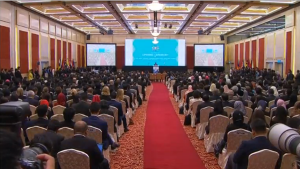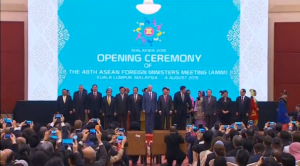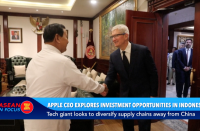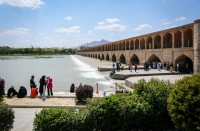
(Reuters) — Foreign Ministers of 10 member states of the Association of Southeast Asia Nations (ASEAN) kicked off a three-day meeting in Malaysia on Tuesday (August 4).
The meeting is hosted by 2015 rotating chair, Malaysia.
Attended by foreign ministers of the regional bloc, the group will discuss multi-lateral cooperation on the economy, policies and international issues.

Key issues relating to the region are expected to be tabled, including the long-standing South China Sea issue.
Although it is not officially on the agenda, expectations were high that it would be discussed against a backdrop of increasing tensions and overlapping claims in the potentially energy-rich South China Sea.
The ASEAN members will meet their dialogue partners, including China and the United States, on Wednesday (August 5) and Thursday (August 6).
A draft of the joint statement to be issued at the end of the ASEAN meeting, seen by Reuters, said leaders were concerned with recent developments “which have the potential to undermine peace, security and stability in the South China Sea.”







